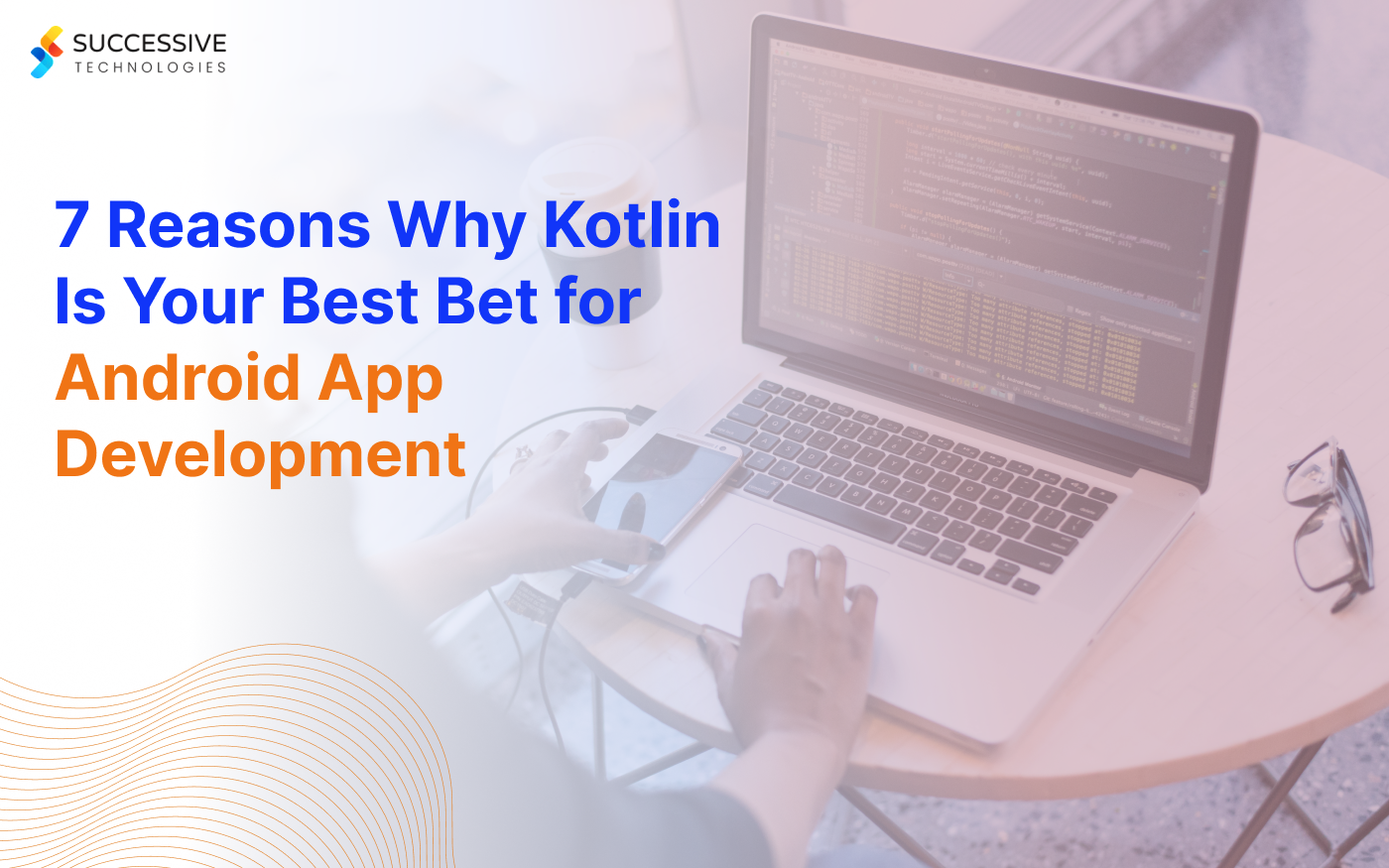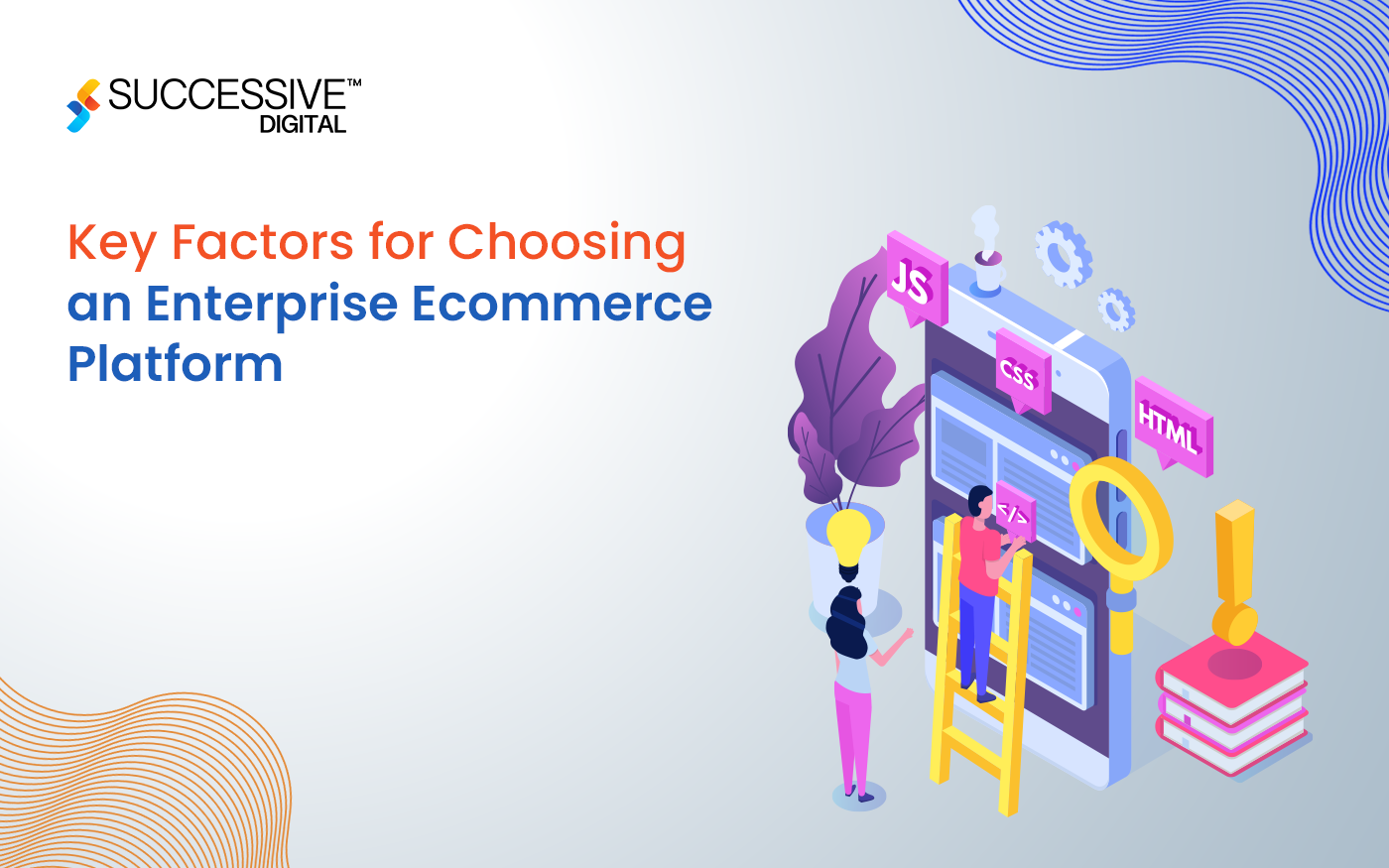In the evolving space of global ecommerce, where innovation and user needs intersect, Progressive Web Apps (PWAs) in ecommerce have emerged as a transformative force, reshaping the landscape of online retail. As technology adapts quickly, companies constantly seek new ways to enhance online buying and stay ahead of the curve. PWAs and ecommerce transformation act as a recreation-changer in the ever-changing online business space, providing a combination of web and app functionalities that revolutionize how purchasers interact with ecommerce platforms.
PWAs represent a significant shift in how businesses approach mobile trade. Unlike traditional local apps, which require users to download and deploy them from app stores, PWAs are accessed immediately through internet browsers, removing limitations to entry and offering immediate access to a wealth of functions and functionalities. With PWAs, businesses can extend app-like experiences to customers through numerous devices and platforms, providing rapid loading, offline capabilities, and seamless responsiveness.
As ecommerce continues to evolve, PWAs are poised to play a pivotal role in shaping its destiny. Their potential to combine the high-quality functions of web and mobile apps makes them an attractive option for companies seeking to accelerate user experience, grow conversions, and force better growth.
Progressive Web Apps Features for Ecommerce
-
Enhanced User Experience
The future of ecommerce with PWAs lies in its enhanced user experience functionality, imparting seamless navigation, fast-loading instances, and intuitive interfaces. With features like offline functionality and push notifications, PWAs provide frictionless shopping enjoyment, regardless of network connectivity. Their responsive design ensures constant usability across devices, even as personalized suggestions and streamlined checkout approaches cater to man or women’s choices. PWAs accelerate satisfaction, boost engagement, and power conversions by prioritizing user-centric design concepts.
-
Offline Functionality
Offline functionality is a crucial benefit of PWAs for online shopping. It ensures users can access content material and capabilities even when not connected to the internet. By caching resources and data, PWAs allow seamless navigation and interplay, allowing customers to browse products, upload items to their cart, and even do offline transactions. This functionality enhances the consumer experience, reduces dependency on connectivity, and ensures continuous engagement, making PWAs an effective tool for ecommerce businesses.
-
Responsive Design
Responsive layout is a cornerstone function of PWAs, ensuring seamless adaptability throughout various devices and screen sizes. By dynamically adjusting format, content, and capability, PWAs provide users with the highest quality viewing enjoyment, whether they are accessing the app on a laptop, mobile device, or tablet. This responsiveness eliminates the need for separate development efforts, streamlines maintenance, and ensures better usability, which, in the long run, enhances consumer satisfaction and engagement in e-commerce environments.
-
App-Like Experience
The app-like experience promises a solid future of e-commerce with PWAs that bridge the distance between web and mobile applications, providing a seamless and immersive user interface. PWAs can be mounted on customers’ home screens, send push notifications, and easily access device functions, including cameras and geolocation. This capability, blended with fast-loading instances and offline competencies, creates a compelling user experience like conventional native apps, helping brands drive long-term engagement and loyalty.
-
Fast Performance
Fast performance is an indicator characteristic of PAWs, ensuring speedy loading times and seamless navigation. Through techniques like code splitting and lazy loading, PWAs prioritize transporting necessary resources, enhancing the consumer experience. Additionally, service workers permit offline content caching, further optimizing overall performance. This rapid and responsive conduct minimizes consumer frustration, encourages more exploration, and, in the end, drives conversions, making PWAs an essential tool for ecommerce companies looking to maximize engagement and sales.
-
Security
Security is a paramount component of PAWs, served over HTTPS, ensuring steady connections between users’ devices and servers. This HTTPS requirement encrypts data transmitted over the network, safeguarding sensitive information from threats. By prioritizing safety, PWAs build trust and credibility amongst customers, reassuring them that their personal and financial data are protected. This complements user self-assurance, fosters loyalty, and contributes to the success of e-commerce businesses using PWAs.
-
Improved SEO
PWAs contribute to the overall performance of advanced search engine optimization (SEO) because of their responsive design and fast-loading instances. Search engines favor websites that offer seamless user experience, and PWAs, with their potential to evolve to exceptional devices and screen sizes, meet those criteria. Additionally, PWAs are, without difficulty, crawlable via search engine bots, ensuring that content is listed as it should be. These SEO-friendly traits help increase visibility, force organic traffic, and enhance the online presence of ecommerce brands.
-
Cross-Platform Compatibility
Cross-platform compatibility is a vital advantage of PWAs, allowing them to run efficiently on any device or smart gadget with a contemporary web browser. Whether accessed on computers, smartphones, or tablets, PWAs provide users a constant and seamless experience. This versatility eliminates the need for separate development efforts for different structures, streamlining maintenance and lowering costs. By reaching a broader audience across a couple of devices, PWAs maximize accessibility and engagement within the ecommerce space.
Real-World Examples of Progressive Web Apps in Ecommerce
AliExpress
AliExpress, the online retail giant, witnessed a significant increase in conversion rates for new customers after launching PWA. The PWA presented faster loading time, offline functionality, and push notifications, enhancing the purchasing experience and using sizable growth in online transactions.
Flipkart
After developing a PWA, Flipkart, the Indian ecommerce company, experienced a 3X upward push in time spent on the website. The PWA addressed demanding situations of slow network connections and limited storage space, delivering customers a quick and seamless purchasing experience across diverse devices.
Conclusion
Progressive Web Apps (PWAs) in ecommerce are poised to revolutionize the future of online shopping, imparting a seamless blend of web and app functionalities that enhance user experience and drive business growth. With offline capability, responsive design, and app-like features, PWAs empower ecommerce organizations to retain and interact with customers through multiple devices and platforms. As organizations continue to embrace PWAs, they will play a vital role in shaping the future of online retail globally, ushering in a generation of speedy, immersive, and personalized shopping experiences.












